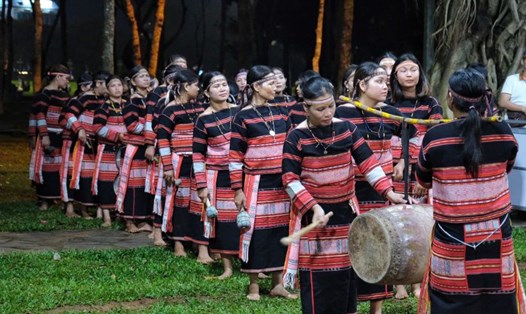Preserving gongs, preserving cultural heritage
Krong No is a land rich in cultural identity and is home to many ethnic minorities such as M' Nong, E De, Ma...
Implementing the National Target Program on improving the socio-economic life of ethnic minorities and mountainous areas, in recent years, Krong No district has organized many vocational training classes, taught gongs and traditional music for the people.
Mr. Nguyen Xuan Danh - Vice Chairman of the People's Committee of Krong No district - said that the Central Highlands gong cultural space is an intangible cultural heritage of humanity.
From 2021 to present, the government and people of Krong No district have actively implemented many solutions to preserve and promote the value of gongs, especially through classes to teach the younger generation.
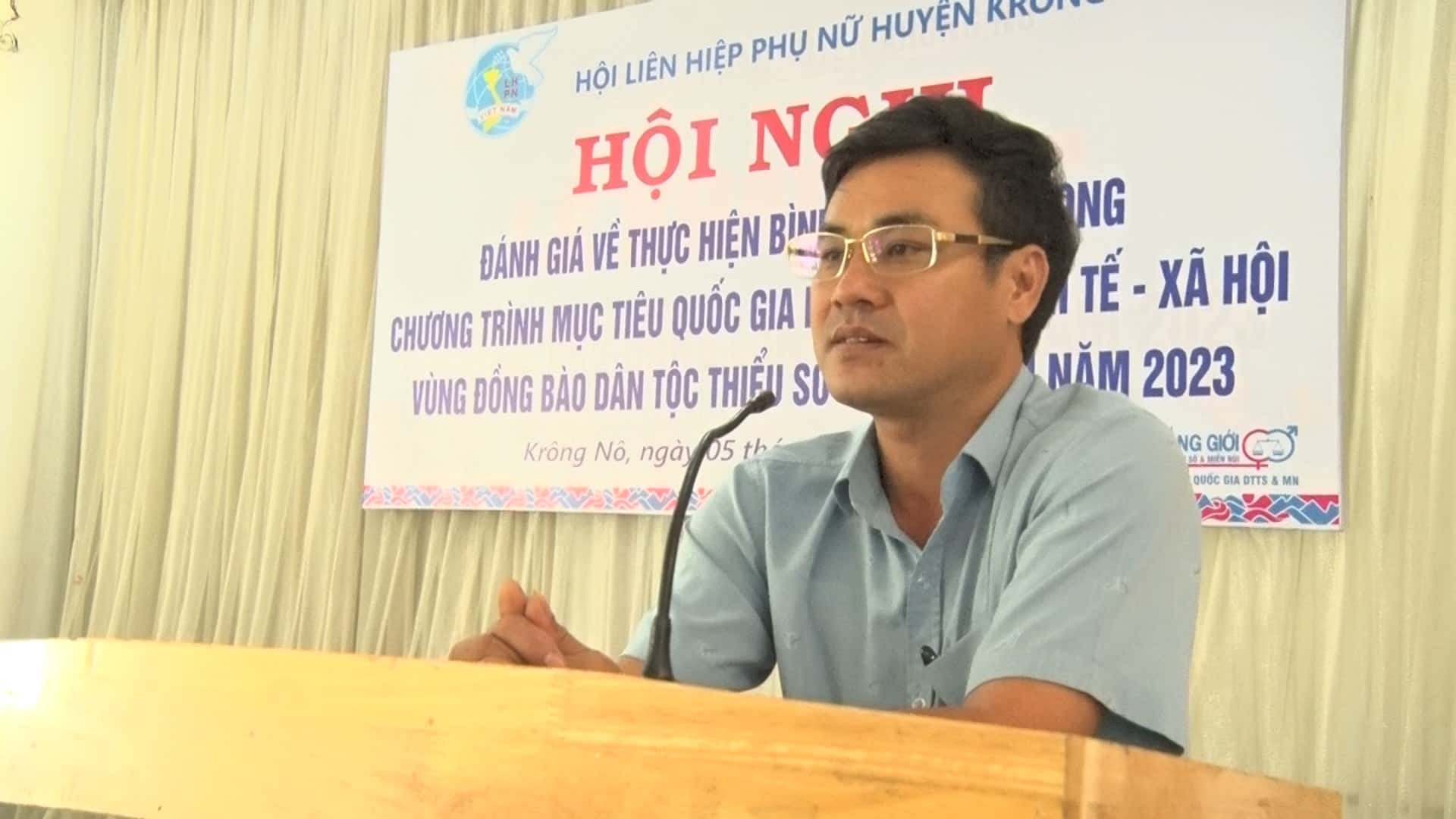
In particular, the Department of Culture and Information of Krong No district and mass organizations have organized many gong classes in the evening or on weekends. Thereby, attracting a large number of young people to participate.
Some classes also integrate community activities, gong performances, creating a joyful and cohesive atmosphere between generations in the village.
The performances are not only an opportunity for students to demonstrate their skills, but also an opportunity for the community to preserve unique cultural values together. The village elders and folk artisans are the ones who directly teach and pass on ancient gong lessons and gong playing techniques in traditional rituals.
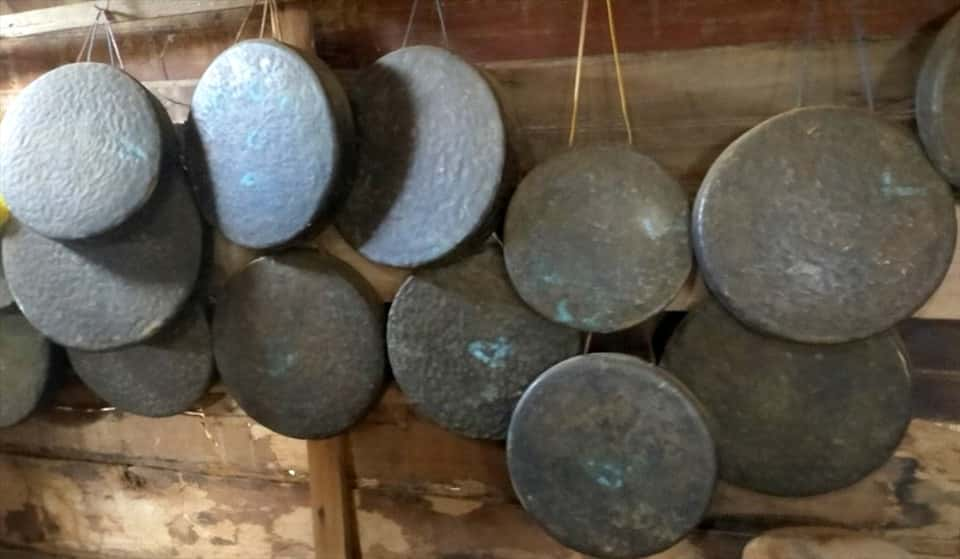
Mr. Duong Thanh Chung - Chairman of Nam Nung Commune People's Committee said: "Chang classes not only help connect the community but also show gratitude to ancestors and gods. This is a cultural feature that needs to be preserved and promoted, associated with the development of community tourism to raise awareness and the lives of local people".
Combining gongs with community tourism development
According to the People's Committee of Krong No district, the cultural - information sector regularly organizes classes to teach intangible culture such as brocade weaving of the Dao ethnic group in Nam N' dir commune; folk songs, gongs and restoration of the M' Nong ethnic group's plant in Nam Nung commune; musical instruments and weaving of the E De ethnic group in Quang Phu commune...
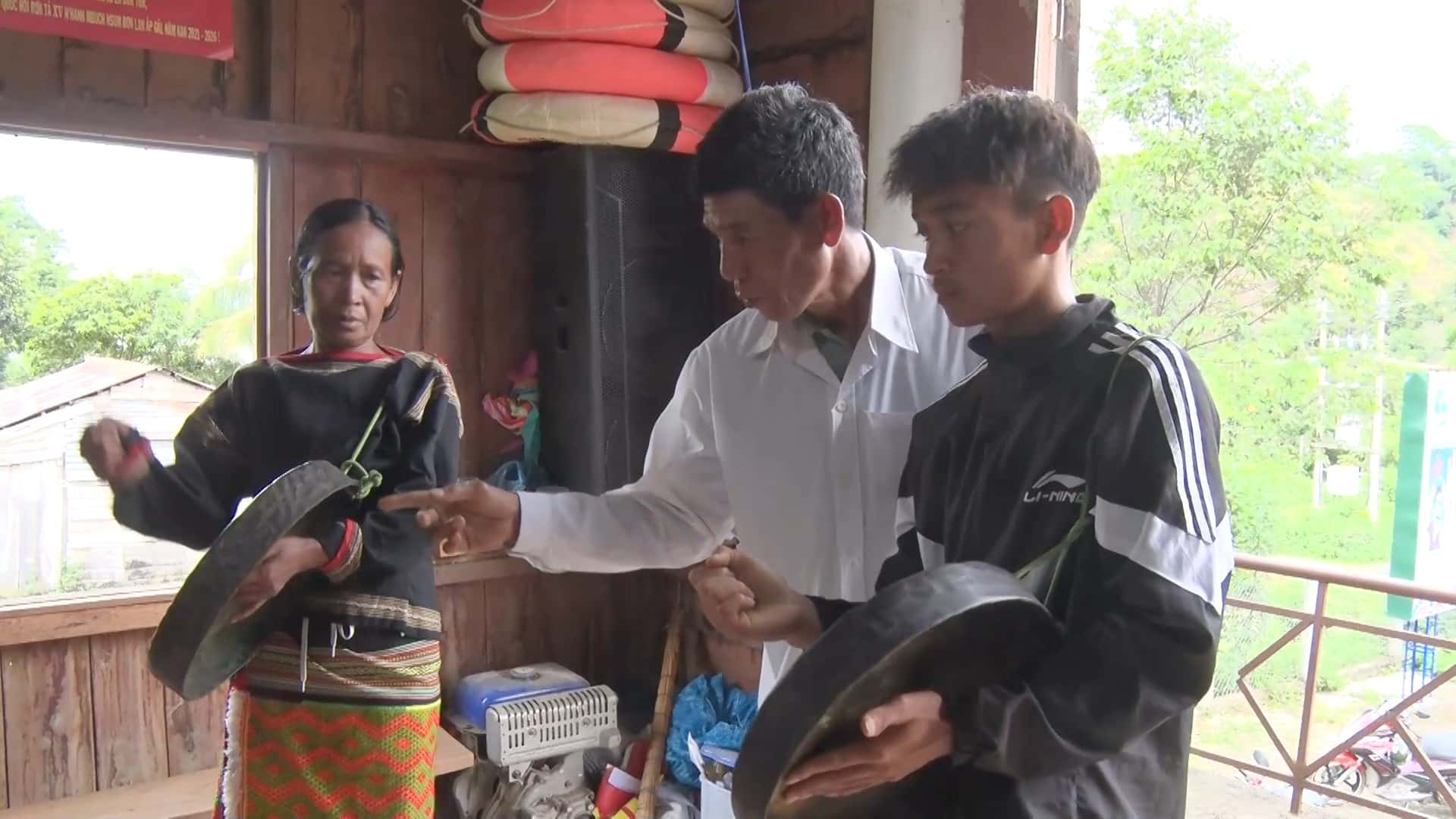
These classes help people, especially the younger generation, better understand the traditional culture of their ancestors. Thereby nurturing pride and awareness of preserving national cultural identity.
Many communes such as Dak Dro, Nam Da, Buon Choah... have built effective operating models, becoming a bright spot in cultural conservation work.
The gongs also contribute to promoting indigenous culture to tourists through festivals in villages and hamlets. Tourists coming to Krong No can directly meet the owners of cultural heritage, listen to and enjoy the resounding gong sounds of the Central Highlands mountains and forests.
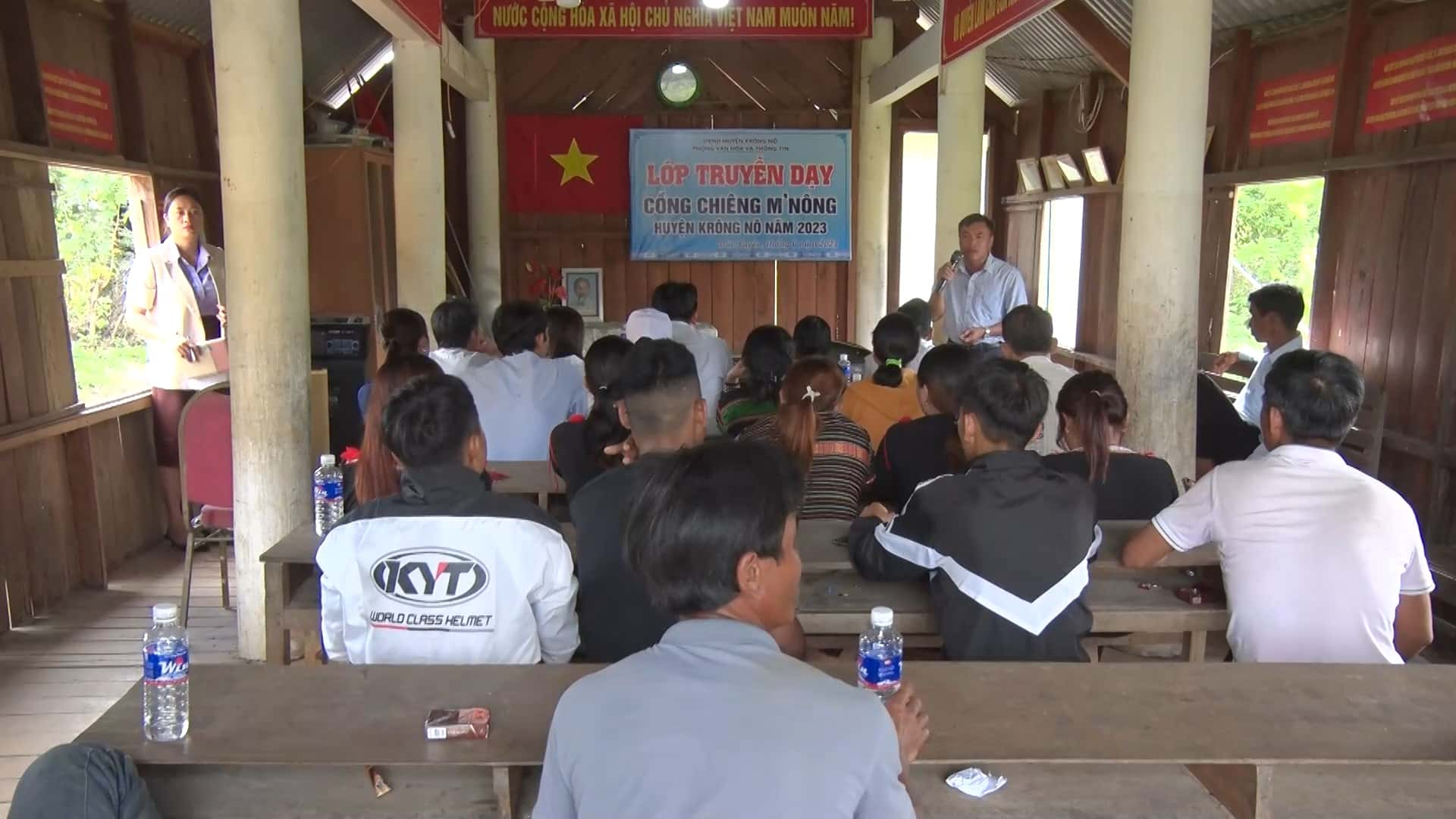
However, conservation work is still facing many difficulties due to limited funding to open classes and a part of young people are not really interested in learning gongs. Meanwhile, many older artisans are gradually learning a teaching ability.
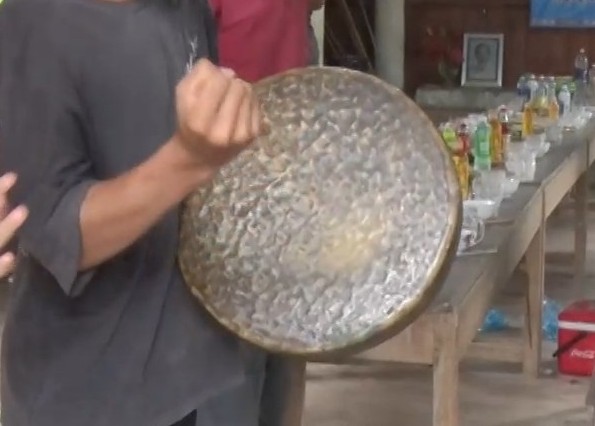
According to the People's Committee of Krong No district, in the coming time, the locality will continue to propose support programs from the province and the Central Government to replicate the gong teaching model, combined with the development of community tourism.
gongs will be brought to schools and extracurricular classes, where prestigious village elders and artisans will teach ethnic minority students. Thereby, arousing the spirit of love for culture and passion for traditional music in their spiritual life.











